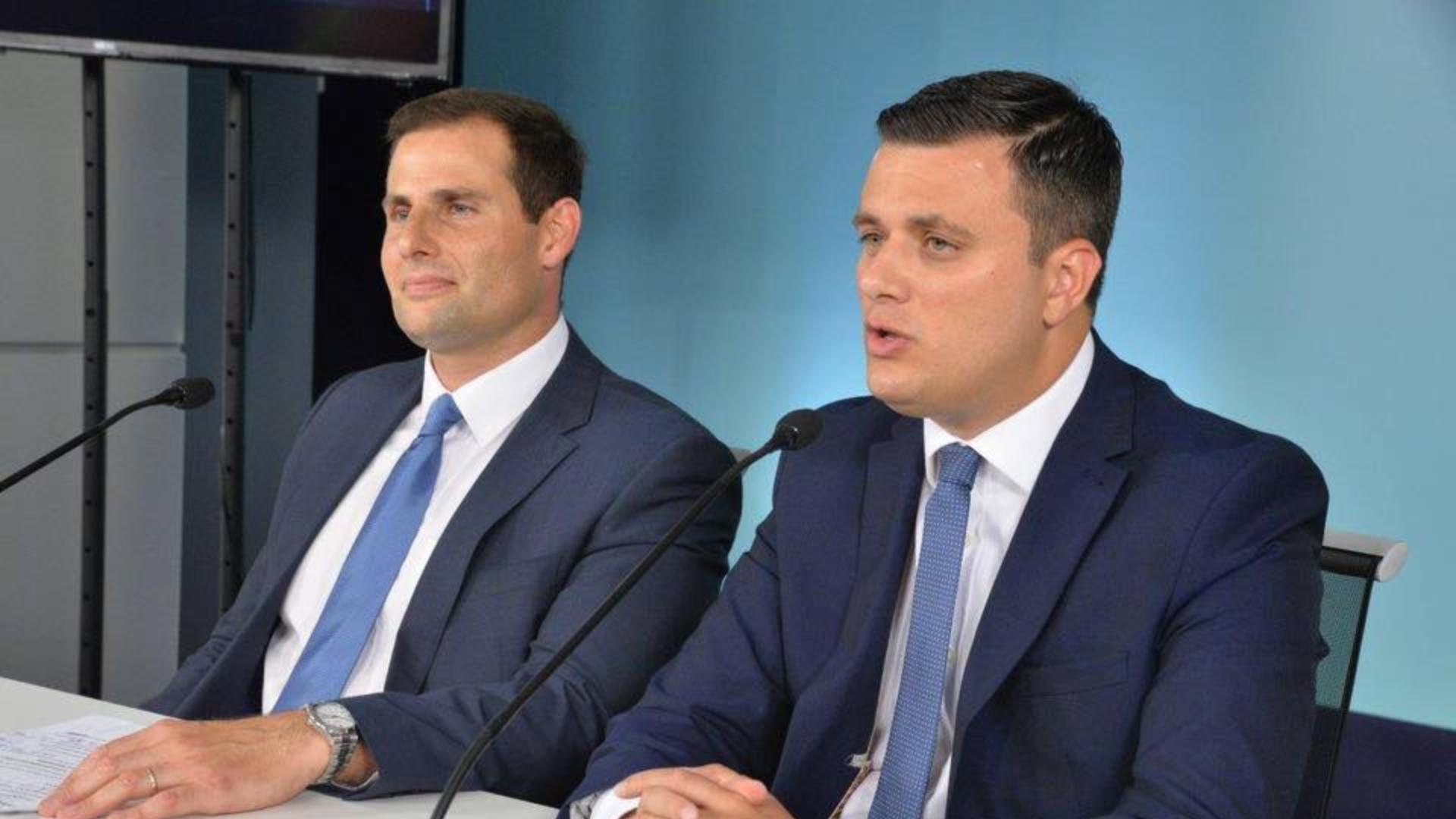Joseph Muscat’s supporters and critics are at it again. This time, though, it’s the critics who are hyping him up, the supporters downplaying his role.
Is he really charting Malta’s path to post-pandemic recovery? Or should we pay heed to Silvio Schembri and Edward Scicluna, respectively ministers for the economy and finance? They say he is just one of several people that the government is consulting.
Unlike with other consultants, however, the disgraced ex-prime minister’s presence has been publicised. The image of Muscat once more in Castille burned the retinas of those who, in December, filled the streets to banish the OCCRP’s Man of the Year in Organized Crime and Corruption.
The nine-page paper offered to the government by ‘The Office of Joseph Muscat’ was leaked to the press. In it, he sketches out, back-of-the-napkin style, four major economic scenarios using cable news jargon: ‘V’ (quick recovery), ‘U’ (moderate recovery), ‘W’ (quick cycles of recovery and relapse) and ‘L’ (elusive recovery).
Outraged at the prospect of Muscat returning to infect the public sphere, the critics have been interpreting his ‘second wave’ using four similar scenarios, even if not in so many words:
(1) V for Voldemort: a quick comeback in the style of the pale, taut-skinned, hairless archnemesis of Harry Potter. He Who Shall Not Be Named (except, perhaps, on Skype) turns out to be the real power behind the throne, pulling all the strings.
(2) U for Ulik: a slower comeback in the style of the Marvel Comics villain, member of the race of Rock Trolls, enemy of Thor, banished to the underground ‘Domain of Trolls’. He returns gradually – as consultant to the Minotaur of Roxxoni, and member of the Dark Council, along with Malekith the Accursed. (NB: the alternative spelling, Malkeith, is a typographical error.)
(3) L for Loki: a deceptively long disappearance to the underworld, in the style of Thor’s brother, the perennial enemy of superhumans seeking to regain control of their planet. The fight is difficult because Loki keeps shifting shape.
(4) W for George W. Bush: a fluctuating cycle of disgrace and return to grace, in the style of the 43rd President of the United States, who left office reviled as the worst president of modern times, but who is now regarded with nostalgia and affection in the age of Donald Trump.
All these scenarios suffer from the same problem. They’re made without reference to the nine-page ‘forecast’ offered to the government by Muscat. It is key to understanding his true role.
In some sections of the press, the paper has been described as making ‘predictions’ and ‘forecasts’ about the future trajectory of the Maltese economy. Hardly.
It sets out four scenarios which, between them, say that the economy could contract between anywhere from 2.1% to 12.5%. For good measure, the paper adds that its forecast depends on the figures available in April being accurate. (They’re always revised.)
If that were a weather forecast, it would be telling you that tomorrow could bring anything from light showers to a hurricane, although it should begin to clear up by the end of 2021. One should not exclude, however, the possibility of merely overcast skies or a tornado, if the present information turns out to be inaccurate.
That’s not a prediction. It covers anything that will happen.
The four scenarios, their variables, and their jargon could have been spun off by anyone watching cable news and with access to government figures. The paper could have been written by a precocious undergraduate, with one eye on similar scenarios published online in business magazines like Fortune and by global consultants like Deloitte.
Government ministers no doubt know that the paper is analytically worthless. That’s the angle that the economy and finance ministers are probably coming from, peeved that they’re made to seem as needing outside support from someone adding nothing but hot air.
But the paper is politically useful precisely because it is vague and covers any possible economic outcome. Whatever happens to the economy, Robert Abela can say that Joseph Muscat predicted it as something inherent in the externally imposed conditions.
No one could say that Muscat would have managed things better. Muscat is on the consultation team. And he’s saying the outcome is shaped by events beyond political control.
Abela once more reveals his insecurity, although also his tactical ability. Meanwhile, Muscat gets to curate his manurated record.












